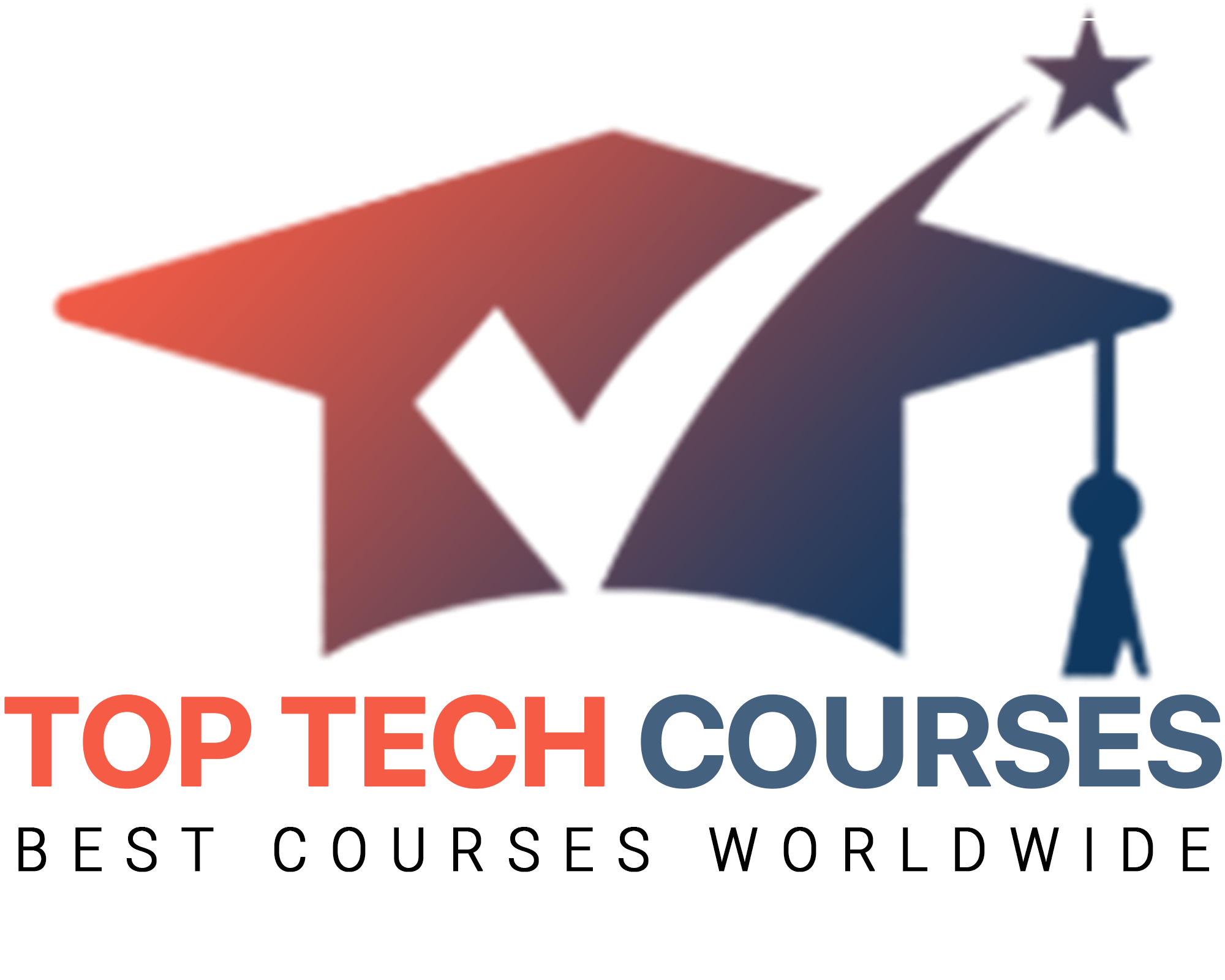
The Controversial Vision of Virtual Learning: Unlock Limitless Knowledge from Home
In this digital age, the realm of education has undergone a revolution, thanks to the advent of virtual learning. A term that once sparked excitement and promise has now become a subject of controversy, as educators and parents grapple with the potential benefits and drawbacks of this unconventional approach.
The phrase ‘Benefits of virtual learning’ evokes a myriad of thoughts and emotions, ranging from curiosity to skepticism and even apprehension. As we delve into the depths of this contentious issue, we embark on a quest to unlock the limitless knowledge that can be accessed from the comfort of home, while confronting the uncertainties it presents.
Table of Contents
Benefits: Access, Flexibility, and Personalization
Virtual learning offers students a wide range of educational resources, helping them expand their knowledge beyond traditional classrooms. It provides flexibility for students to learn at their own pace and schedule, accommodating individual learning needs. However, virtual learning also has its challenges. The lack of face-to-face interaction can lead to feelings of isolation and hinder social development. Technological hurdles and distractions can impede the learning process as well.
Moreover, virtual learning is accompanied by controversies such as concerns about online education quality, impacts on social interaction, and potential psychological effects on students. As virtual learning evolves and gains traction, its future outlook remains uncertain, and only time will tell.
Challenges: Isolation, Distractions, and Technology Hurdles
With many educational resources available, anyone can start a journey of self-improvement and intellectual growth. Virtual learning platforms offer a wide range of courses, workshops, and tutorials that cover various subjects, from technical skills to creative arts. These platforms allow individuals to tailor their learning experience according to their interests and goals, empowering them to expand their knowledge at their own pace without limits of geography or time.
By embracing virtual learning, individuals can tap into endless possibilities, acquire new skills, deepen their understanding of topics, and reach their fullest potential. However, unlocking limitless knowledge through virtual learning has its challenges. Isolation is one hurdle as learners may feel disconnected without physical interaction with instructors and peers. Distractions at home or online temptations can also hinder focus and productive learning. Technological difficulties are another obstacle, especially for individuals less comfortable with digital platforms.
Despite these challenges, virtual learning platforms are continuously improving to address these issues. They integrate interactive features, virtual classrooms, and online communities to foster engagement and collaboration. By actively addressing these challenges, individuals can navigate the virtual learning landscape effectively and transform their lives with limitless knowledge.
Controversies: Quality, Social Interaction, and Psychological Impact
Proponents say virtual learning makes education more accessible, breaking distance and resource barriers. It lets individuals learn at their own pace, explore many subjects, and even get degrees from a distance. However, critics worry about the quality of education in the virtual world. They question if online platforms can effectively mimic the interactive and hands-on nature of traditional classrooms. Some are concerned that the lack of face-to-face interaction can hinder students’ social and emotional growth. Additionally, there are worries about the potential psychological impact of spending too much time in front of screens. As virtual learning evolves, it’s important to address these controversies and strike a balance between the benefits and drawbacks of this approach.
Future Outlook: Revolutionizing Education or Threatening Traditional Models?
According to The Chronicle of Higher Education, virtual learning platforms have become a viable alternative to traditional classrooms, offering a wide range of courses accessible to global learners. Online education provides greater accessibility, flexibility, and personalization in learning. Students can explore diverse subjects, tailor their learning experience, and learn at their own pace. Virtual learning platforms leverage advanced technologies like artificial intelligence and virtual reality to enhance education and improve outcomes.
Despite its benefits, virtual learning also has controversies. Critics argue that it may compromise the quality of education compared to face-to-face instruction. The lack of in-person interaction and human connection raises concerns about students’ social and emotional growth. The potential psychological impact of prolonged screen time and isolation in virtual learning environments requires examination and addressing. Educational institutions and policymakers must address these controversies and develop strategies for balancing traditional learning approaches with virtual learning platforms.
articly.ai tagvoicedrop.ai tag
TopTechCourses: Empowering Spanish Speakers in the World of Tech and Programming
TopTechCourses is an online marketplace for Spanish-language tech and programming courses, boasting an impressive catalogue of over 10,000 offerings. With a focus on equipping students with practical and technical skills, the courses cover a wide range of areas, including web development, data science, artificial intelligence, cybersecurity, and more.
Delivered by industry experts, the courses cater to learners at different levels of expertise. The cherry on top is the industry-recognized certificate of completion awarded to each student upon finishing a training program.
TopTechCourses is a gateway to invaluable skills, propelling individuals to enhance their careers and thrive in the ever-evolving realms of technology and programming. In this age of virtual learning, seize the opportunity to expand your knowledge and cultivate your potential with TopTechCourses.
Frequently Asked Questions
Virtual learning is a method of education where students can access and participate in classes remotely using online platforms and tools.
Virtual learning typically involves students accessing online classrooms, watching pre-recorded or live lectures, participating in discussions, completing assignments, and taking exams remotely using computers or other internet-enabled devices.
Some benefits of virtual learning include flexibility in terms of time and location, access to a wider range of courses and experts, personalized learning experiences, and the ability to learn at one’s own pace.
Virtual learning programs can be just as effective as traditional in-person learning when they are well-designed and implemented. However, the effectiveness may vary based on the individual’s learning style, discipline, and level of self-discipline.
Challenges of virtual learning include limited social interaction and collaboration, potential technical issues, the need for self-motivation and time management skills, and the potential for distractions at home.
Virtual learning can be suitable for most individuals, but it may not be the best fit for everyone. Some students may thrive in a traditional classroom environment or require hands-on practical training that is not easily replicated in a virtual setting.
Virtual learning allows students to access a vast amount of information and resources from various sources. It provides opportunities for self-directed learning, exploration of diverse subjects, and connecting with experts and peers globally, which can lead to the acquisition of limitless knowledge.
The controversy surrounding virtual learning includes concerns about the quality of education, potential for increased screen time and sedentary behavior, lack of socialization opportunities, and discrepancies in access to technology and internet connectivity, particularly for disadvantaged students.
Finishing Up
Virtual learning has emerged as a transformative force in education, opening up a world of possibilities for those seeking to expand their knowledge. With the rapid advancements in technology, traditional barriers of time and space no longer confine our pursuit of learning.
The virtual classroom becomes a realm where exploration knows no bounds, where the curious minds of students and educators converge. However, as we immerse ourselves in this digital realm, we must be cautious of the challenges that it presents.
The screen that connects us also risks alienating us from the tactile experience of brick-and-mortar institutions and the richness of face-to-face interactions. Are we losing something essential in this shift towards virtual learning? The implications are profound and complex, as we grapple with questions of social connection, emotional intelligence, and the impact of endless information at our fingertips.
Yet, beneath these ambiguities lies a fundamental truth: virtual learning has the power to democratize education, to reach the unreachable, and to ignite a passion for lifelong learning like never before. It allows us to step outside the confines of traditional classrooms, to embrace new perspectives, and to create a global community of learners.
As we journey into this uncharted territory, let us tread carefully and with open minds, asking ourselves how we can strike a balance between the convenience of the virtual world and the irreplaceable human connection that lies at the core of our educational experience. In this ever-evolving landscape, virtual learning shall continue to expand our knowledge, challenge our assumptions, and push the boundaries of what is possible.






